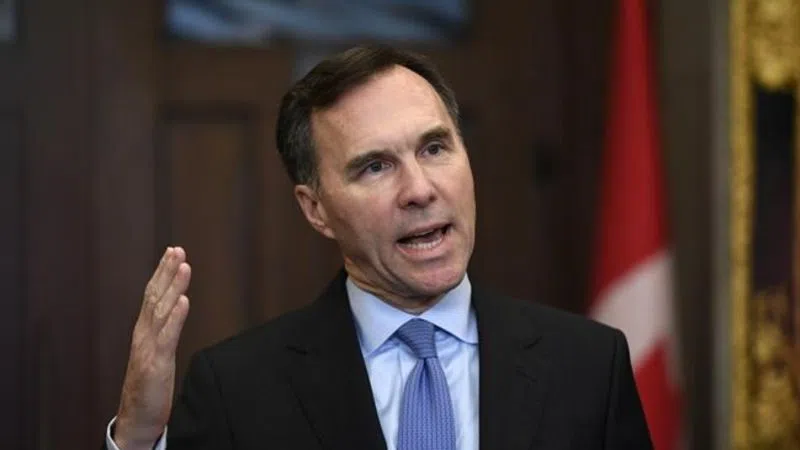
Morneau set to hear from provinces pushing for more financial help
OTTAWA — The Trudeau Liberals opened the door Monday to changing the way the federal government decides how much financial help it gives cash-strapped provinces, ahead of talks among the country’s finance ministers.
But federal Finance Minister Bill Morneau was clear that any decision will depend on other concerns his provincial and territorial counterparts bring up during a day-long meeting Tuesday.
Already, the federal government has heard objections about how Ottawa calculates the amount of equalization payments for so-called have-not provinces and territories so they can provide similar levels of services at similar levels of taxation as provinces that are better off.
Five provinces will receive equalization in the fiscal year that starts in April. Numbers released Monday just prior to a working dinner among all the ministers laid out almost $20.6 billion in payments to P.E.I., Nova Scotia, New Brunswick, Manitoba, and Quebec, which will receive the lion’s share at almost $13.3 billion. Quebec is by far the most populous of those provinces.
